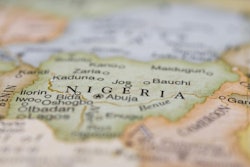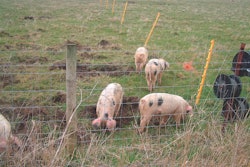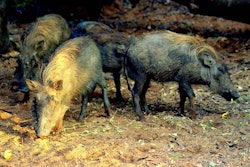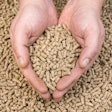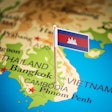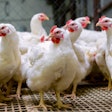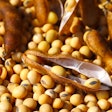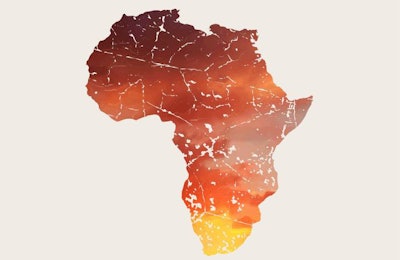
While additional land is being made available for livestock feed production in northern Nigeria, Kenya’s farmers are set to benefit from fodder machinery donated by an agency in Turkey.
In the north of Nigeria, the local state government has allowed the release of new land for the production of livestock fodder. As well as boosting animal feed supplies, the initiative aims to increase milk production and facilitate artificial insemination, according to Economic Confidential.
Under this latest initiative, the Kano state government has approved 1,000 hectares (2,470 acres) of land for commercial-scale feed production. Part of government grazing reserves, the newly released land comprises multiple blocks across 16 municipalities.
The next phase in the Kano State Agro Pastoral Development Project is to identify sources of private investment for development of the project. Each of around 20 investors will be granted at least 50 hectares of land, according to the project coordinator. Successful applicants will be offered assistance on the development of pastures, use of appropriate machinery and marketing facilities.
Also announced by the state agriculture ministry was the release of 20 hectares from another grazing reserve for fodder crop seed production. There were also discussion on livestock vaccination programs, and new facilities for artificial insemination, an animal health reference laboratory, and a modern veterinary clinic for Kano state.
Turkish agency donates silage equipment to Kenyan village
Livestock farmers in the western Kenyan county of Nandi have welcomed the recent gift of silage-making equipment from an organization in Turkey.
Valued at US$86,000, the donation came from the Turkish International Cooperation and Development Agency (TIKA), reported Anadolu Agency.
Main benefit from the modern silage harvester will be improved conservation of feeds, according to a member of the farming cooperative in the village of Lessos. As well as increasing the overall harvest volume and silage quality, he said it would support milk production during the dry season.
While the cooperative already grows corn for animal feeds and operates a feed mill, it also welcomed other new equipment. This included feed grinders and mixers, silage choppers, a forage harvester, a silage trailer and a silage packing machine.
Providing the new machinery will support farmers around Lessos to produce better and cheaper feed, explained TIKA’s coordinator in Kenya.
Benefits of improved animal nutrition in agro-pastoral systems
According to TIKA, fodder production represents a means to improve livelihoods and resilience in pastoral regions.
This is particularly important in areas — such as East Africa — where rainfall is generally low and becoming less reliable with global climatic changes. Local communities rely on successful livestock grazing systems to their livelihoods, as well as for their food.
Improving animal nutrition can have beneficial impacts on the environment, according to a new Kenyan study.
In partnership with researchers in Germany, scientists at the International Livestock Research Institute found that animals that are fed less than their maintenance energy requirement produce more methane. In an under-fed animal, nutrients are channeled away from growth or productivity.
This represents a net loss to the farmer, they said. Improved feeding can reduce emissions from enteric methane and provide additional income for farmers due to increased milk and meat production.
As part of its Desertification and Drought Day activities in June, the United Nations’ Environment Programme warned that cultivation of fodder crops in an unsustainable manner can lead to land degradation. It encouraged initiatives that involve unemployed young people in Africa in programs that support sustainable land management.


